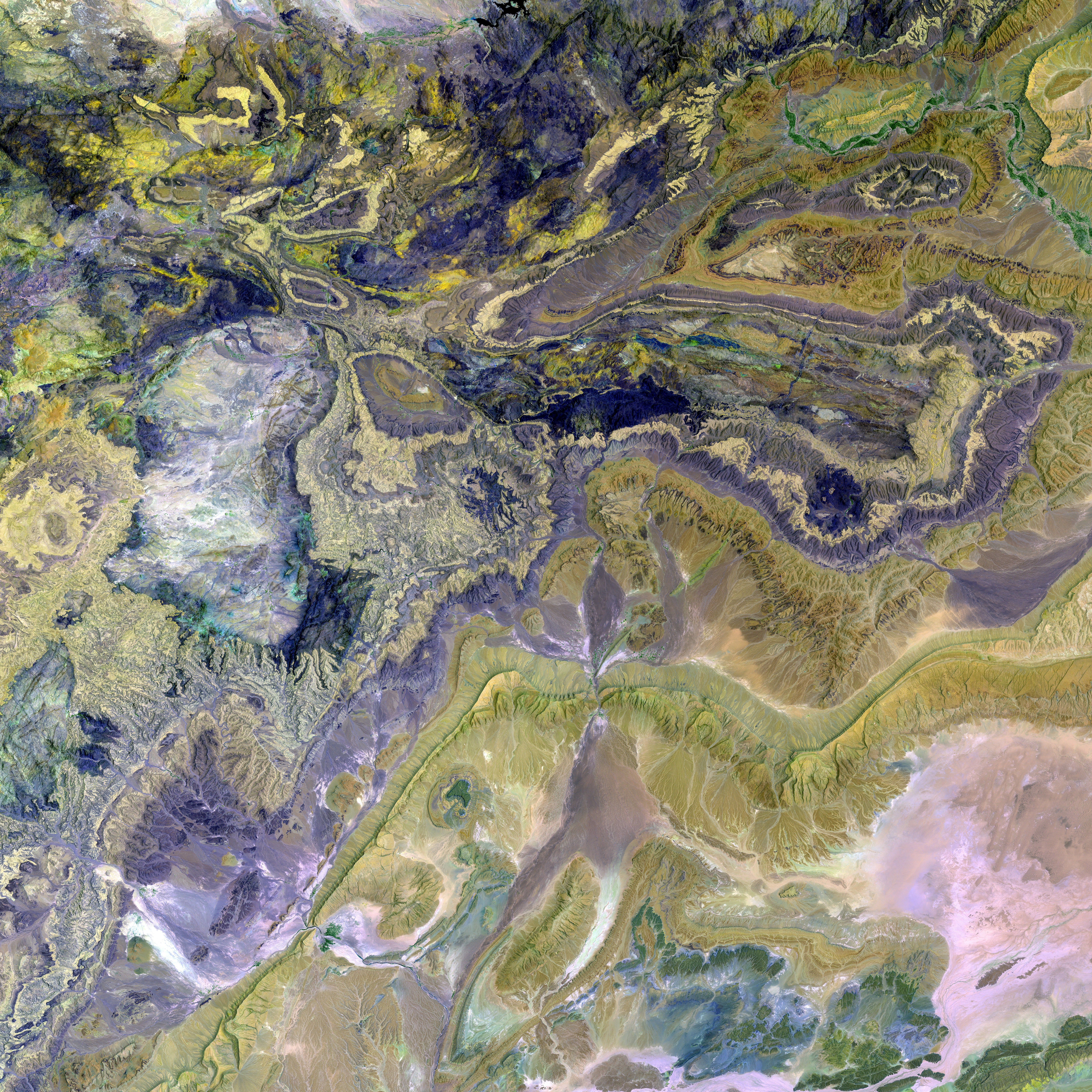Traffic Headaches Ahead: Border Controls on the Rise, Warns Union
Increased border control measures may result in further congestion on roads. Union raises concerns. - Increased border controls may result in higher levels of Congestion, according to a union's perspective.
Get ready for some held-up highways, especially in the southern part of Germany! The expanded border controls, as per the Federal Police Union, are about to cause a wave of congestion. Union chief, Andreas Roßkopf, told the "Augsburger Allgemeinen" that despite the sensitivity towards commuters and cross-border workers, there will be delays.
The new Interior Minister, Alexander Dobrindt (CSU), announced tightened border checks. In Bavaria, this adjustment targets the borders with Austria and the Czech Republic. Despite the efforts to disrupt traffic as infrequently as possible, the Federal Police are planning to inspect more border crossings, including small, previously unmanned ones.
Long-distance buses and small trucks are under the radar. Buses often carry people trying to enter Germany illegally, as Roßkopf pointed out, adding that they will be stopped for thorough checks. Small trucks are also of interest to the controllers, as they may be transporting multiple passengers, making it difficult to conduct checks without further ado.
Here are some potential outcomes of these tighter border controls:
Long-Distance Buses
1.Delays and Disruptions: The intensified border checks could lead to delays for long-distance buses, potentially upsetting travel schedules and passenger satisfaction.2.Documentation Requirements: Passengers might need to have the right documentation to cross borders, which could lead to denial or further delays if unprepared.3.Route Adjustments: Some bus routes might need to be readjusted to skip heavily monitored borders, potentially increasing travel distances or times.
Commuter Traffic
1.Increased Travel Times: Daily commuters may face longer travel times due to the increased checks, which could impact their daily routines and productivity.2.Traffic Congestion: More border control personnel and vehicles stopping for checks could result in traffic congestion, particularly during peak hours.3.Economic Impact: Prolonged delays might have economic consequences for businesses and workers relying on regular cross-border travel for work or trade.
The strict border policies are part of a broader trend across Schengen countries aiming to tackle both migration and security issues. In Germany and other nations, police forces have deployed additional personnel to oversee and manage borders, which may include stricter checks and the possibility of turning back undocumented individuals.
- The Federal Police Union has warned of traffic congestion due to the rise of expanded border controls, particularly in the southern part of Germany.
- Union chief Andreas Roßkopf has highlighted that long-distance buses, which may carry illegal immigrants, will be subjected to thorough checks, potentially leading to delays for travelers.
- Small trucks, which could be transporting multiple passengers, are also of interest to the controllers, making it difficult to conduct checks without causing disruptions.
- The increased border checks could have significant implications on travel schedules, daily routines, and productivity, as well as economic consequences for businesses and workers reliant on regular cross-border travel.







